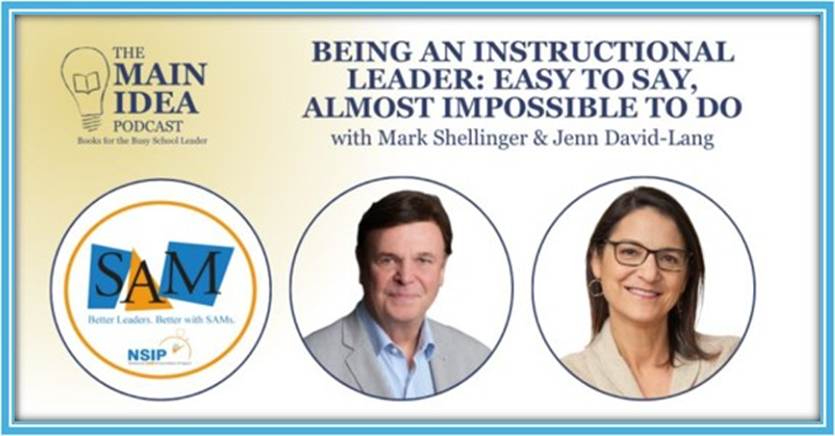- Jim Mercer
- Dec 15, 2025
This week’s Tip: You’ve done good work, and it matters.
Christmas break and the end of the semester is on everyone’s mind this week. Consider: What you do this week will be remembered throughout the break and frame how your school community view their return in January. Staff, students, and parents will remember how they felt, not every initiative or project.
This week, share one clear message: You’ve done good work, and it matters.
How can you accomplish this?
1. Prioritize People Over Paperwork Your relationships matter more than reports. If something can wait until January, let it. Use this time to:
Thank staff personally (a short note or hallway conversation goes a long way)
Check in on staff who seem stretched or disengaged
Be visible, calm, and joyful — your tone sets the emotional climate
2. Protect Staff Energy Burnout peaks before holidays. Consider:
Canceling or shortening meetings
Avoiding last-minute initiatives or “one more thing” emails
Offering small flexibilities (dress-down days, lighter schedules)
Limiting emails to what staff needs to know this week ~ don’t address January
Encouraging staff to disconnect from school during the break: refresh, renew, relax
Explicitly say: “Please disconnect—you’ve earned it.”
3. Take Care of Yourself
A depleted principal can’t lead well.
Rest without guilt
Reflect on what worked so far
Celebrate your TimeTrack gains. Save next steps and reflective work for later. Taking time during the break to refresh, renew and relax is critical for your success in 2026.
Start the Christmas break with gratitude, clarity, and calm. If your staff and students leave feeling seen and respected, you’ve done your most important work.
19th Annual National SAM Conference
Registration link: https://registration.samprocess.com/
A few things to consider when planning to attend:
Ø The conference is January 15-18. 2026. Ø To be eligible to attend, you must be a SAM team member doing the process with efficacy, NSIP staff, Board member or presenter. Ø The conference will be in Fort Lauderdale, Florida, Marriott Harbor Beach Resort
| |
Keynote Speakers · Will Parker, Principals Matter: Living your Best Life as an Educator · Will Bowen, You Can’t Complain Your Way to Success · Tracie Swilley, The PrinciPAL Effect: Setting the Vibe, Energy, and Excellence Every Day · John Antonetti, Personal Response: Am I safe to share my thinking? · William Martinez, Signing the Song: The Power of Belonging
Pre-Conference All-Day Workshop Presenters · Jim Masters, Beyond Why and What – Getting to How School Leaders Make a Difference · Ken Williams, Better Teachers, Better Results: Where Students Learn Because Of US · Willow Sweeney, Top 20 Moves for Building Effective Staff and Student Relationships · Brendan Houdek and Caleb Shomaker: Executive Speaking Coaching Seminar |

